
Recommendation
As more people live longer and fewer people have babies, the world’s population will shrink and become older. International Monetary Fund economists Benedict Clements, Kamil Dybczak and Mauricio Soto examine the disturbing implications of this trend. While several previous studies have explored the financial consequences of aging populations on various countries by 2050, this article provides a valuable look at the problem across 100 nations by 2100, when the world will face the “full effects of the demographic transitions.” getAbstract recommends this eye-opening report to economists, government officials and business executives.
Summary
About the Authors
Benedict Clements is a division chief at the International Monetary Fund’s Fiscal Affairs Department, where Kamil Dybczak and Mauricio Soto are economists.









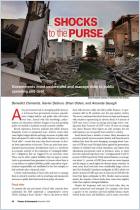
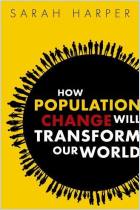
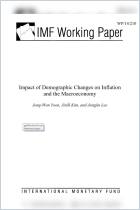
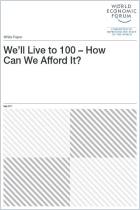
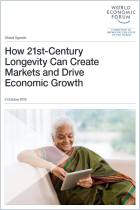

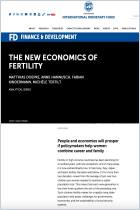







Comment on this summary or 开始讨论